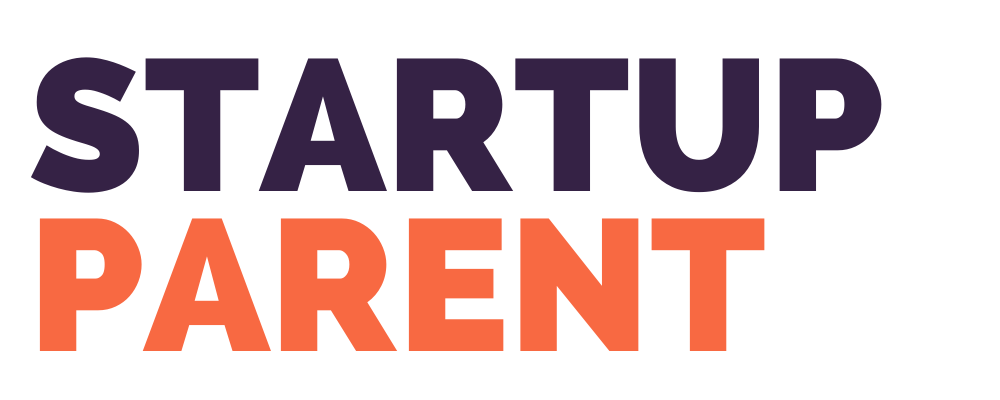Love and Loss: A Journey Through Grief and Healing — Episode #204 with Marisa Renee Lee
“The period before death can be filled with anguish and all sorts of complicated feelings, and the only thing that makes grief, whether before or after death, even a tiny bit easier is giving yourself permission to grieve on your own terms,” said Marisa Renee Lee.
Marisa Renee Lee is the author of Grief is Love: Living with Loss, a book that guides readers through the pain of loss and offers a unique perspective on what healing truly means.
In this episode of the Startup Parent Podcast, host Sarah K Peck interviews Marisa Renee Lee, a renowned advocate, writer, and speaker on the topic of grief and loss. Marisa shares her many experiences with loss, including how she lost her mother at a young age. Together, Sarah and Marisa explore the complexities of grief, including the need to feel difficult emotions and the role of self care and supportive relationships in the healing process.
“The period before death can be filled with anguish and all sorts of complicated feelings, and the only thing that makes grief, whether before or after death, even a tiny bit easier is giving yourself permission to grieve on your own terms.” — Marisa Renee Lee
A former appointee in the Obama White House, Marisa has served in many leadership roles, including Deputy Director of Private Sector Engagement and Senior Advisor on the Domestic Policy Council. She is also the CEO of Beacon Advisors, a social impact consulting firm, and the founder of the Pink Agenda, a national organization dedicated to raising money for breast cancer research and awareness.
With her expertise in grief and loss, Marisa is a sought-after speaker and contributor to various media outlets, including Glamour, Vogue, MSNBC, and The Atlantic. She lives with her husband, son, and dog in the United States. Today’s episode on grief—and feelings—is an important one.
Listen to The Startup Parent Podcast on Apple ★ Spotify ★ Overcast ★ Castbox or wherever you listen to podcasts. Find another podcast player or the RSS feed here.
“It’s not about going out together on Friday nights. It’s about showing up when it’s not about fun and when it’s just about being there to support someone else.”
— Marisa Renee Lee
QUOTES FROM THE EPISODE
Excerpts from the transcript of the conversation
“The period before death can be filled with anguish and all sorts of complicated feelings, and the only thing that makes grief, whether before or after death, even a tiny bit easier is giving yourself permission to grieve on your own terms.” — Marisa Renee Lee
“It’s not about going out together on Friday nights. It’s about showing up when it’s not about fun and when it’s just about being there to support someone else.”— Marisa Renee Lee
“Grief is the repeated experience of learning to live in the midst of a significant loss.” — Marisa Renee Lee
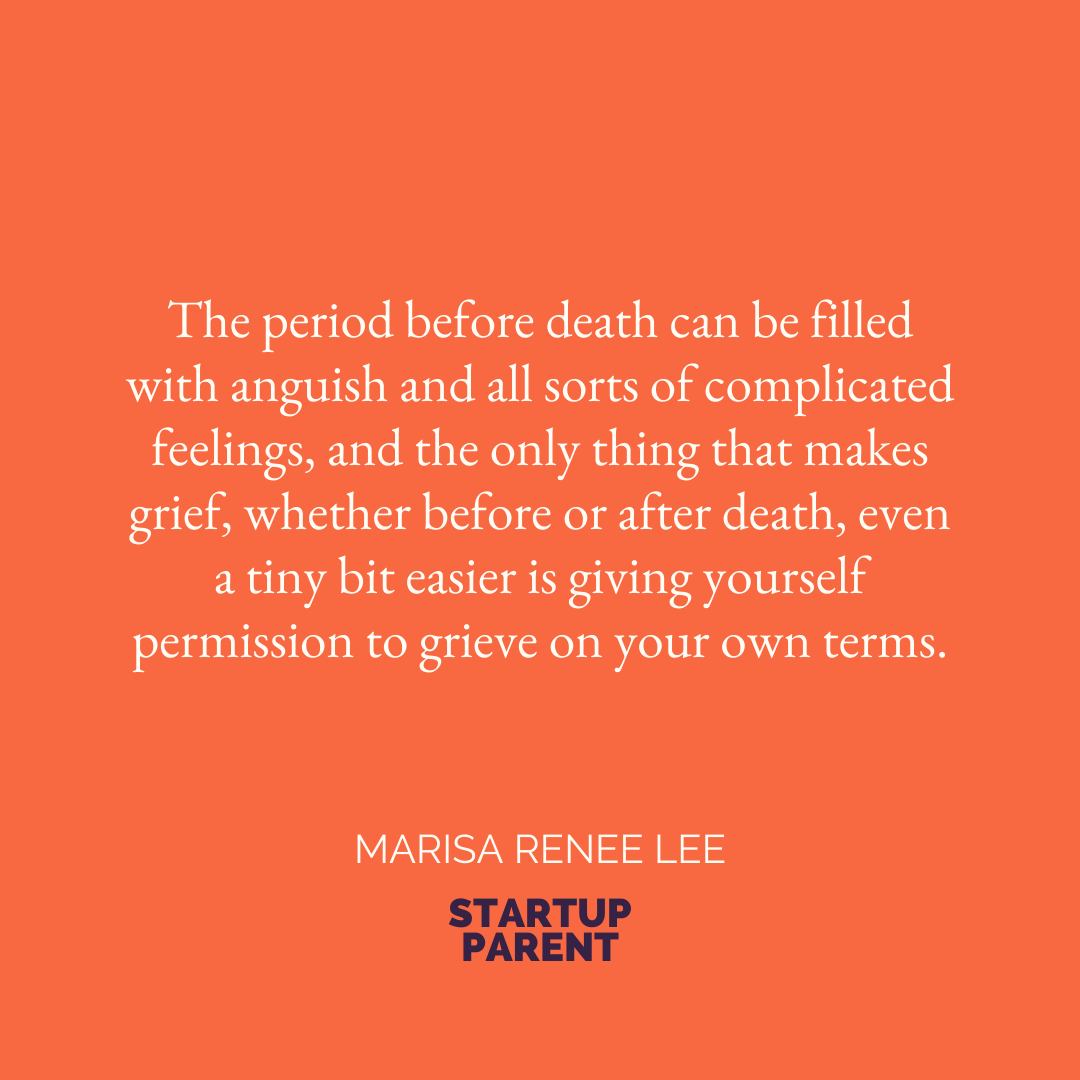
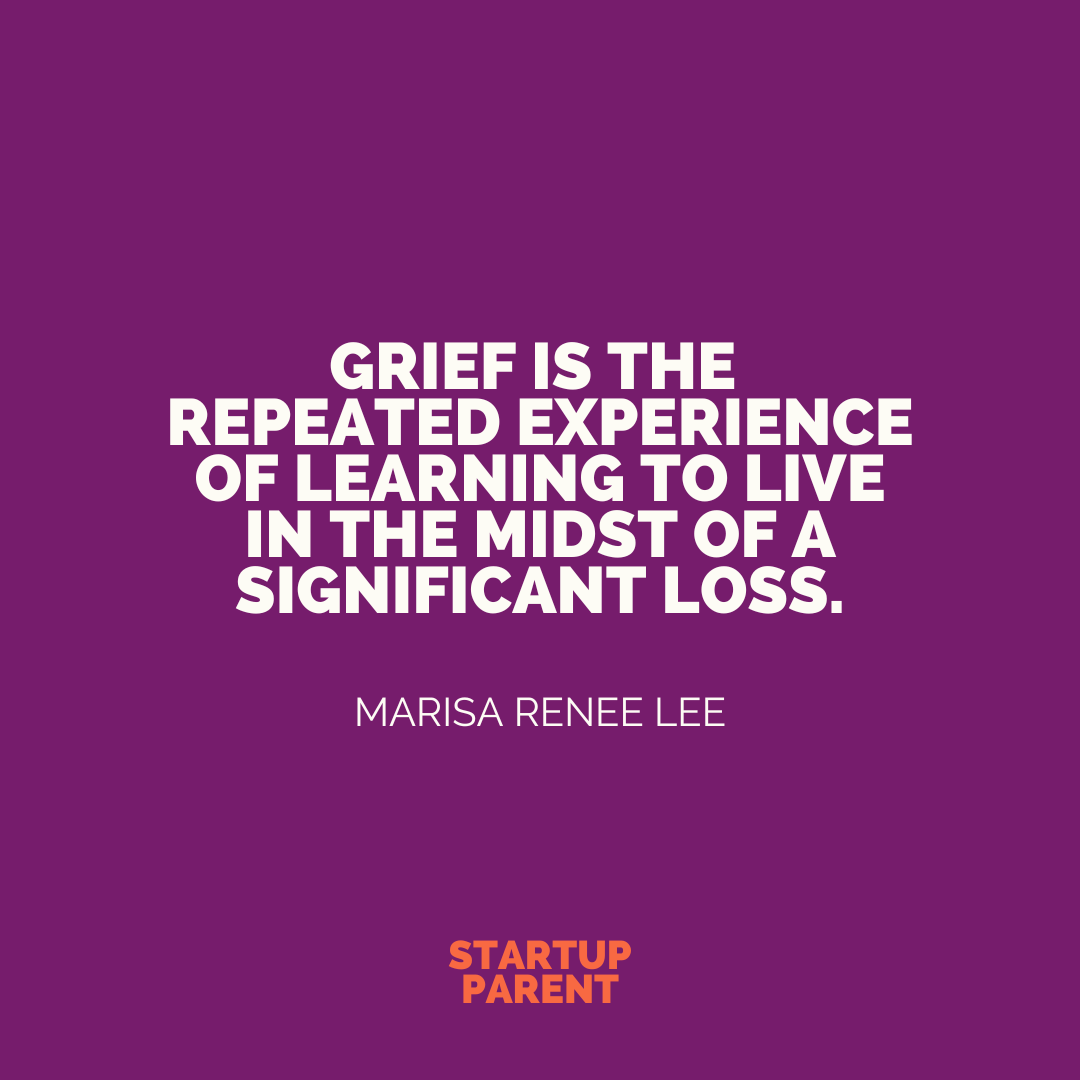
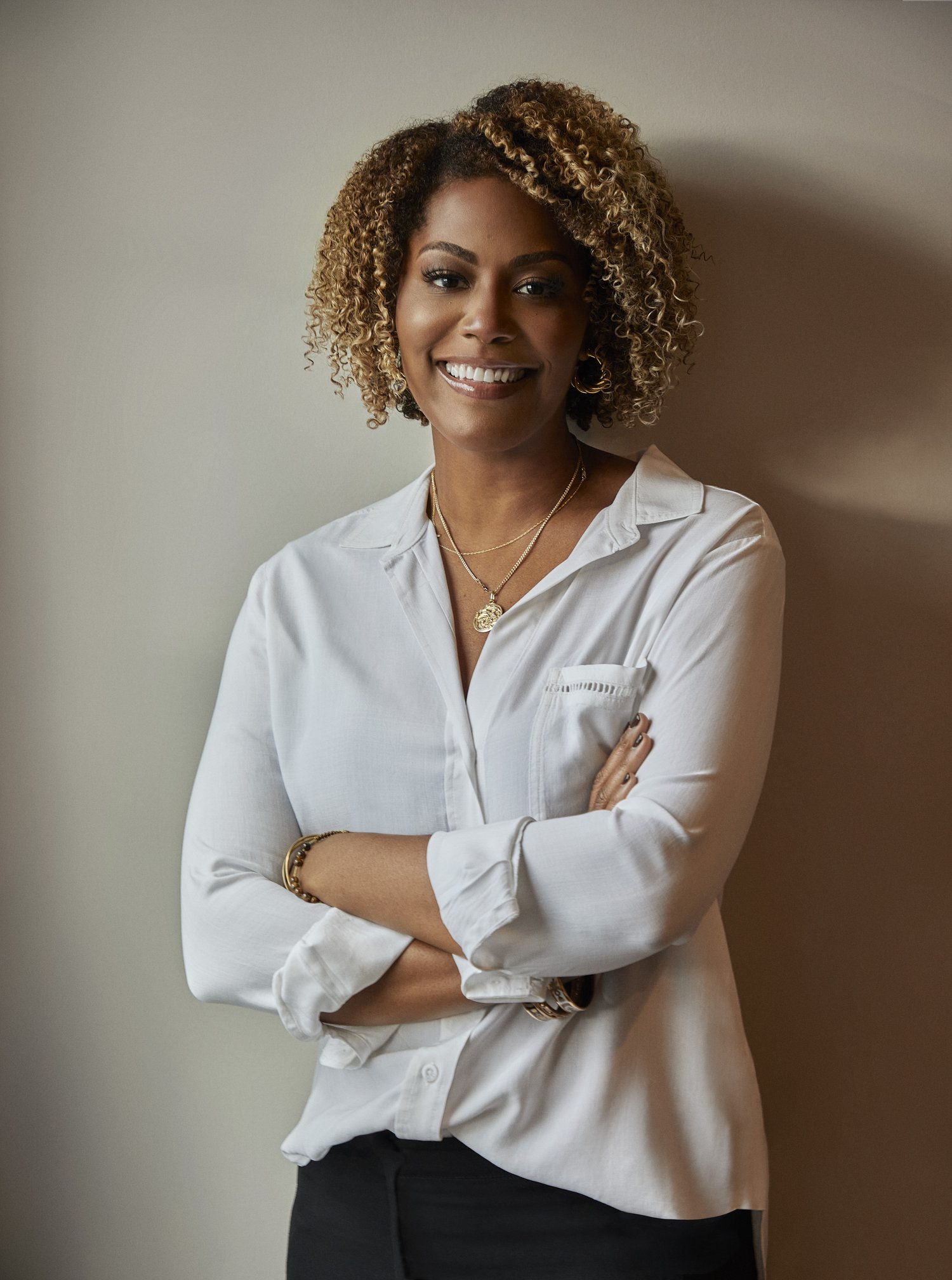
FEATURED STARTUP PARENT
Marisa Renee Lee
Author of Grief is Love: Living with Loss
Marisa (she/her/hers) is an advocate, writer and speaker on coping with grief. She is also a graduate of Harvard College and regular contributor to Glamour, Vogue, MSNBC and the Atlantic.
Where to find Marisa:
LinkedIn | Twitter | Instagram
Check out her book: Grief is Love: Living With Loss
Resources:
Beacon Advisors | The Pink Agenda
Startup Parent | Substack | Sponsor
IN THIS EPISODE
The big themes and key topics
We don’t understand or support grief well enough:
- Society often boxes up grief and doesn’t explore it enough.
- Acknowledging and naming your emotions reduces their power over you. Sitting with emotions can be counterintuitive and difficult, but is the only way to move through them.
- Grief Is Love provides research and data to better understand what people need to do to heal.
- Marisa’s goal in writing her book was to normalize grief and avoid shame and judgment for those who are grieving.
- Our emotions and feelings are a normal part of the human experience, and should be valued. Thankfully, parenting styles have evolved to foster emotional literacy and expression.
- How we experience grief and loss is personal and varies for everyone. Childhood exposure to death can shape our understanding of loss and mortality. As such, it’s important to address death and loss in a healthy and constructive way.
Marisa dealt with a number of losses, each teaching her something new:
- Marisa experienced loss in her early childhood and adolescence, including the loss of friends’ fathers and her own mother who had stage 4 breast cancer.
- Marisa’s mother showed her how to be there for others in times of loss, even when she didn’t know what to say.
- Marisa’s way of coping with her mother’s death was to become organized and take charge of the situation by gathering information and supporting her parents. She felt embarrassed for feeling emotional about her mother’s death and used work and busyness as a way to avoid her feelings.
Give yourself permission to grieve in your own way:
- Giving yourself permission to grieve in your own way is the only thing that makes the grieving process easier.
- There is a lot of societal conditioning to be selfless and in service of others, and this can be harmful if it leads to neglecting self-care.
- Self-care is one of the most important things to do, but it is also one of the hardest, especially for marginalized groups.
- Self-care is more than just expensive luxuries: it should be based on intentional and honest evaluation of what you need to be okay. Self-care can also involve standing up for yourself and advocating for your needs. Treat yourself with the same love and compassion you would give to a loved one.
- Your existence makes you worthy and you don’t have to do anything to earn it.
- It’s important to limit media consumption to protect your mental health.
Marisa’s experience with pregnancy loss and IVF challenges led her to adoption:
- Marisa was diagnosed with a rare condition that affects less than 1% of women. The cause of her condition is likely due to the trauma of her mother’s death.
- Marisa and her husband decided to pursue egg donor IVF to have a baby. The IVF process was difficult and resulted in a series of challenges and infection. Only one healthy embryo was produced, and it resulted in a very early pregnancy loss. The loss of the pregnancy and her mother put her in a difficult place, and she had to cope with the grief alone while the world was grieving.
Grief can affect your relationships. Friendship is about more than convenience. Not all friendships will survive. Some will surprise you.
- Grief has the potential to affect relationships. Different people have different ways of coping with loss, but communication and empathy between partners can help during difficult times. It can be scary to show your true self to someone but it can also be healing.
- Friendship is not just about having fun and spending time together. True friends are willing to inconvenience themselves for each other and support each other through the difficult times.
- Love and commitment in a family can be present even if the child is not biologically related. Marisa has had a strong feeling of connection to her adopted son Bennett from the moment she saw him.
Listen to The Startup Parent Podcast on Apple ★ Spotify ★ Overcast ★ Castbox or wherever you listen to podcasts. Find another podcast player or the RSS feed here.
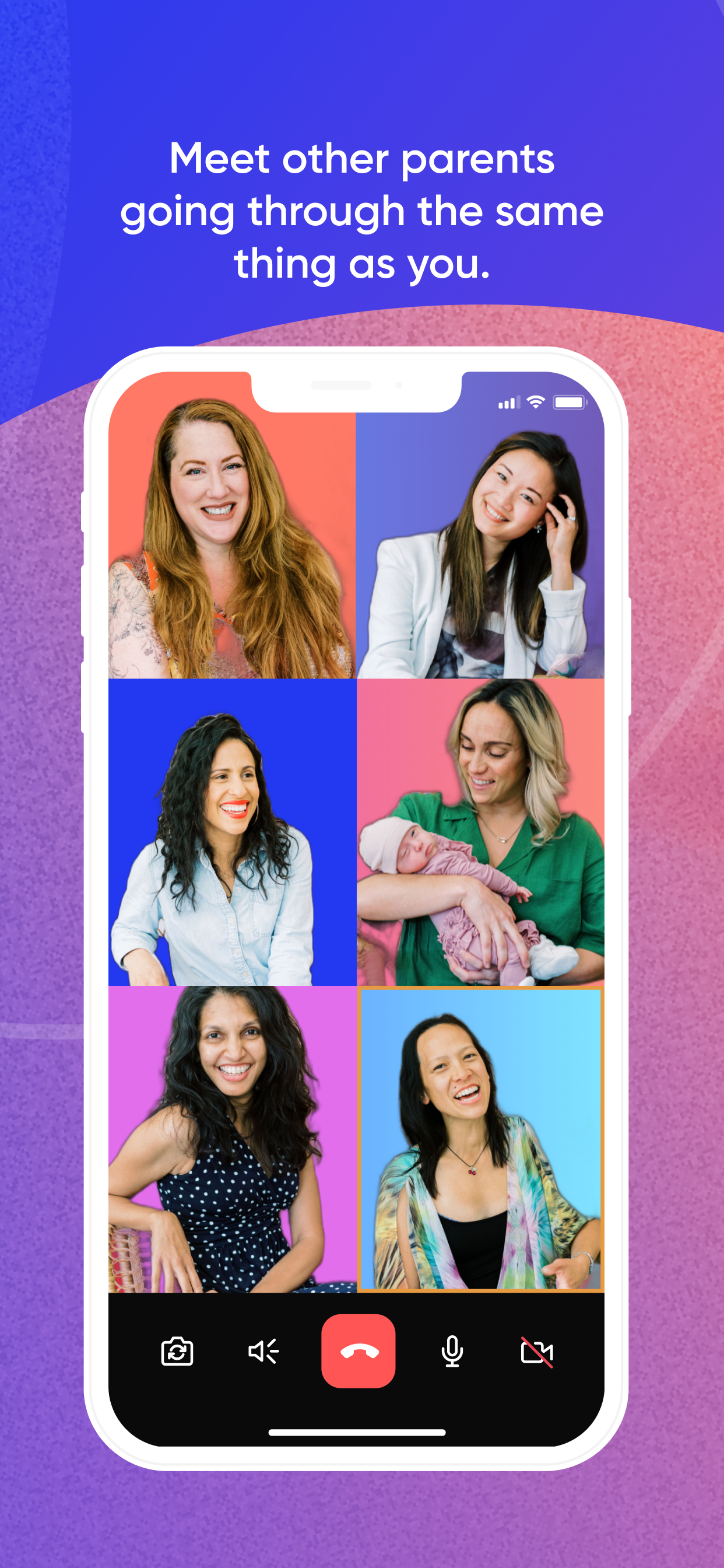
ARE YOU A MOM THAT NEEDS MORE SUPPORT?
Shout out to Oath Care, our episode sponsor!
If you’re an exhausted mom trying to get help in your pregnancy, fertility, or new-mom journey, check out Oath Care.
Oath supports mothers throughout the fertility, pregnancy, and pediatric journeys by combining personalized medical advice from a wide array of experts with wisdom from fellow mothers who have been there.
Get private care chat and community 24/7.
Learn more about Oath Care in the Apple App Store or Google Play Store.
ABOUT THE STARTUP PARENT PODCAST
If you're growing a business, leading a team, or figuring out entrepreneurship and you have kids, this podcast is for you. We go in-depth with founders and entrepreneurial parents about what it really takes to have babies, grow businesses, and get a little bit of sleep. Sign up for the newsletter to get new episodes in your inbox. And leave us a review on iTunes.
Listen to The Startup Parent Podcast on Apple ★ Spotify ★ Overcast ★ Stitcher ★ Castbox or wherever you listen to podcasts. Find another podcast player or the RSS feed here.
